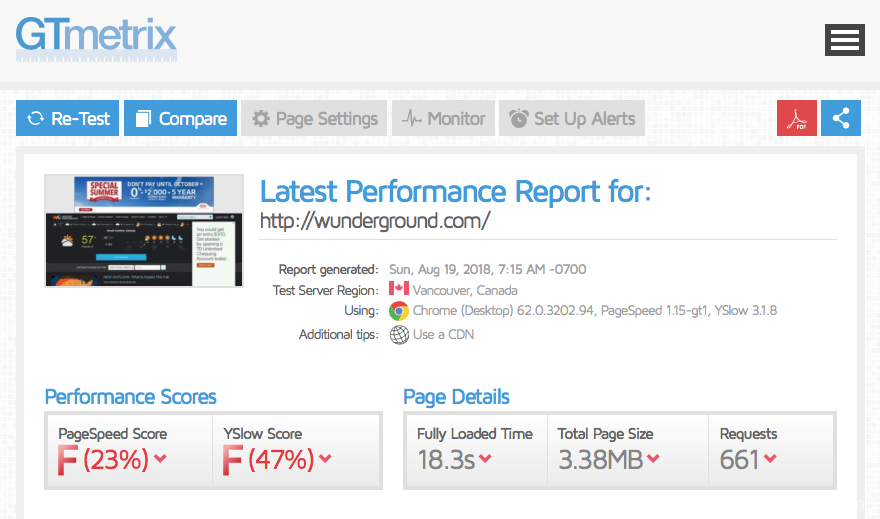I have written about this before and it is something I wish to emphasize repeatedly: efficiency and clarity are necessary elements, but are not the goal. There needs to be space for how things feel. I wrote this as it relates to cooking and cars and onscreen buttons, and it is still something worth pursuing each and every time we create anything.
~ Nick Heer, from Delicious Wabi-Sabi
slip:4upobo3.
Yes, “efficiency and clarity are necessary elements, but are not the goal. There needs to be space for how things feel.” Hear! Hear!
There are at least three reasons to read Heer’s points. Retro-digital photography is really a thing; the Japanese concept of wabi-sabi (appreciating beauty that is imperfect, impermanent, and incomplete); A bit of hist wondering about software.
It’s the wabi-sabi that got me thinking about podcasting. I’m well-known for cutting the corner when it comes to editing the conversations I record. I’ve always looked at that as a necessity: If I tried to raise the level of quality by editing, I’d not be able to put the episodes out (or at least not as many.)
After reading Heer’s thoughts, now I’m wondering if I’m also—perhaps even more so?—drawn to the wabi-sabi of the conversations with all their blemishes, false-starts, uhm-and-ahs in place.
ɕ


